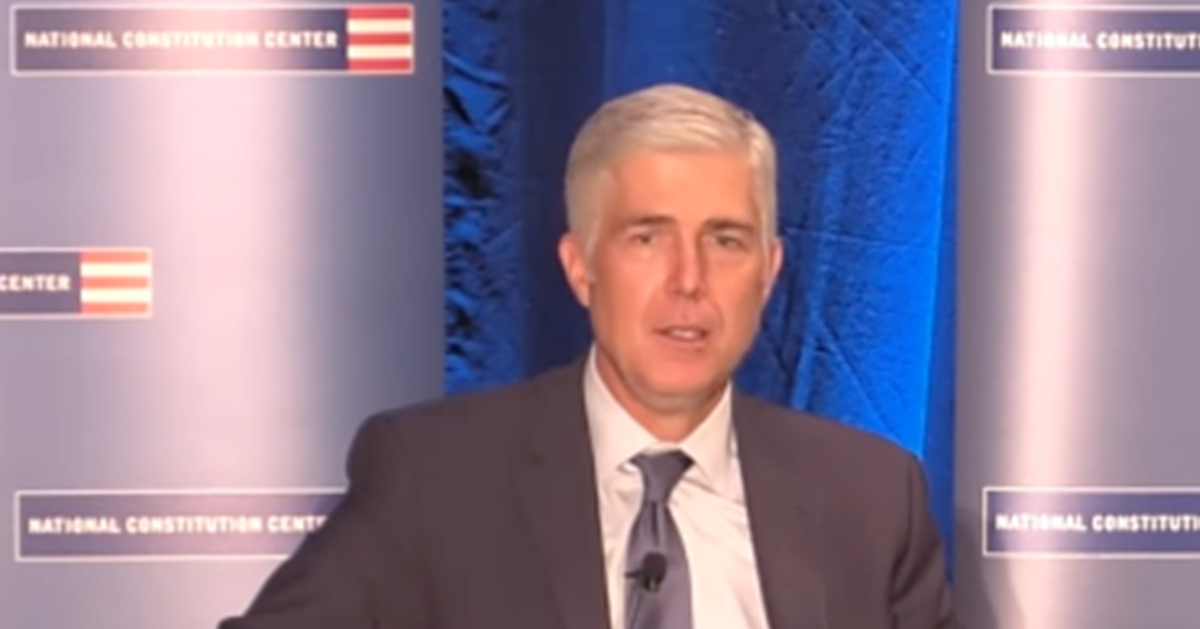Biden Vetoes Bill to Expand Federal Judiciary, Angers Key Allies
President Joe Biden recently vetoed a significant bill that sought to increase the number of federal judges, leading to a backlash from some of his strongest supporters, including Sen. Chris Coons.
The Biden veto has sparked controversy, as it coincided with accusations from the GOP that the decision was aimed at blocking the future Trump administration from judicial appointments, as Fox News reports.
Bipartisan Efforts Lead to Legislative Proposal
The bill, crafted by Coons, a Democrat from Delaware, and Sen. Todd Young, a Republican from Indiana, was designed to help reduce the burden on federal courts, which are facing increasingly high caseloads.
The proposal aimed to introduce 66 new federal district judicial roles over more than a decade.
Despite the bipartisan nature of the bill, it faced hurdles in the House of Representatives. The bill had passed the Senate unanimously in August but was stalled in the Republican-led House until after the presidential election results were announced.
Coons expressed his disappointment, noting the years of effort and bipartisan collaboration that went into the bill.
"I am disappointed by this outcome, for my own state and for the federal judges throughout the country struggling under the burden of ever-higher caseloads," said Coons.
House Delays and Presidential Veto
As the 2024 election results were finalized, indicating a win for the Republican candidate, the dynamics around the bill changed significantly. The House delayed moving the bill forward, and shortly before the House vote, President Biden issued a veto threat.
This move by Biden was met with criticism from Republicans, who argued that the veto was politically motivated. "The Senate did its part by passing the bill unanimously in August; the Republican-controlled House of Representatives, however, waited for election results before moving the bill forward. As a result, the White House is now vetoing this bill," Coons explained in frustration.
Speaker Mike Johnson, a Republican from Louisiana, accused the Democrats of reversing their support for the bill influenced by the election outcome.
"At that time, Democrats supported the bill -- they thought Kamala Harris would win the presidency.
Now, however, the Biden-Harris administration has chosen to issue a veto threat, and Democrats have whipped against this bill, standing in the way of progress, simply because of partisan politics," said Johnson.
Impact and Reactions to the Veto
The veto and the surrounding political controversy have highlighted the challenges of managing judicial appointments amidst a highly polarized political environment. The bill was seen as a crucial measure to alleviate the pressures on the federal judiciary, which has been dealing with increasing caseloads.
Coons highlighted the nonpartisan intent behind the bill, emphasizing the efforts to remove political bias from the judicial appointment process.
"Senator Young and I took pains to make this a nonpartisan process, structuring the JUDGES Act so that Congress could pass the bill before any of us -- Republican or Democrat -- knew who would occupy the White House in 2025 and therefore nominate the new federal judges," he stated.
This important legislation was intended to directly address the urgent needs of the federal courts, as noted by Speaker Mike Johnson.
"This important legislation garnered broad, bipartisan support when it unanimously passed the Senate in August because it directly addresses the pressing need to reduce case backlogs in our federal courts and strengthen the efficiency of our judicial system," he remarked.
As it stands, the veto represents a significant setback in efforts to reform and enhance the efficiency of the federal judiciary system. The political implications of this veto continue to unfold, as stakeholders from both parties assess the next steps in the complex interplay of lawmaking and judicial appointments in an increasingly divided Washington.



